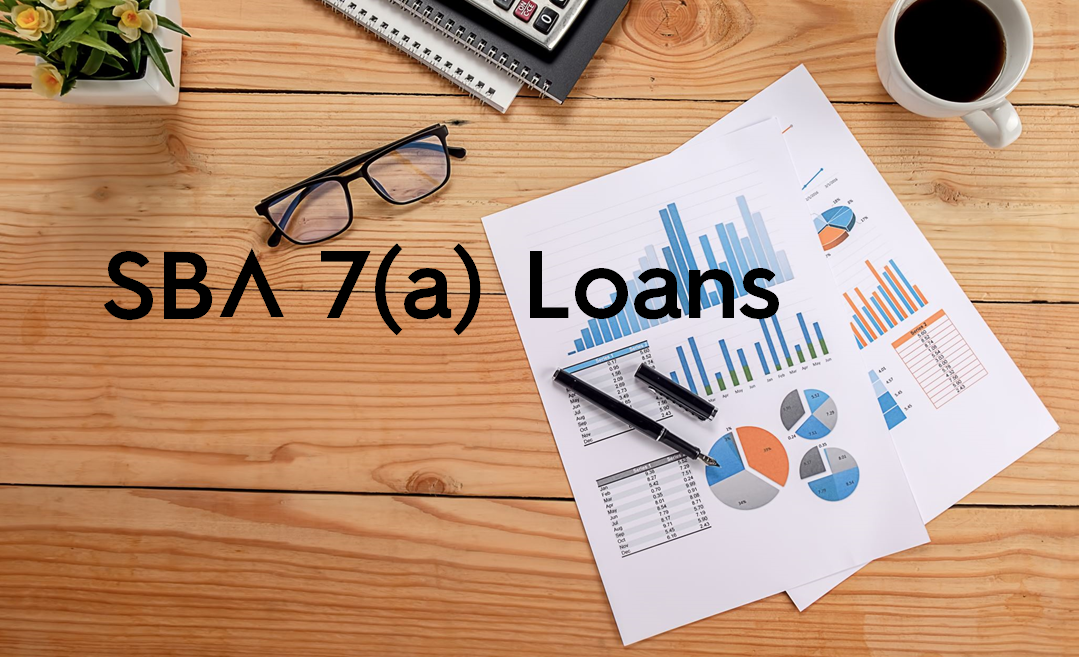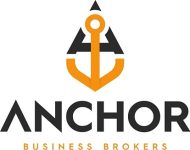What You Need to Know About SBA 7(a) Loans
by Steve Whitehill
If you’re in the market for a small business loan, SBA 7(a) loans are a great option to explore. This particular type of loan is popular among small business owners because the capital lent serves many funding purposes. For example, some of the most common uses include business expansion, renovation, start-up costs, working capital, inventory and Business Acquisition.
So what exactly is a SBA 7(a) loan? Fundamentally, SBA 7(a) loans are meant to serve and strengthen the U.S. economy. This type of small business loan can be obtained for any amount, but typically range from $350,000 to a maximum of $5 million. The loan lengths range up to 25 years if they involve real estate, otherwise they are typically 10 years.
Programs generally encourage longer-term financing for businesses and maturities are dependent on the business’s ability to repay. Interest rates start at 2.25% on top of the market prime rate. When this article was written prime rate was 3.25% (10-19-20) and therefore the interest rate on the loan would be 5.5%. The agreed-upon loan amount is negotiated between the borrower and the lender and the interest rate may be fixed or variable. Lenders prefer SBA financing than conventional loans because the SBA guarantees a substantial portion of the loan – typically 75%+. The term SBA loan is a misnomer, the SBA as a rule doesn’t lend money directly to the Borrower. The bank is induced to lend the money because of the SBA loan guarantee. It makes the loan safer.
How to know if you qualify:
It’s important to note that typically SBA loans are not as inexpensive as conventional bank loans mainly due to the SBA & Lender fees which can exceed 2% to 3.5% of the loan. You should consider using conventional financing options before applying for an SBA 7(a) loan.
Along with how your loan can be used, specific requirements vary based on the lender. Additionally, there are some basic requirements that everyone must meet in order to be approved. These include:
- Your business must meet the SBA’s definition of a small business.
- Your business must be registered for-profit.
- Your business must be domestically owned and operated.
- Your personal credit score must be 650 or above.
- You must be personally invested, either by time or money, in your business for a sufficient period of time.
- Your business’s revenue must reach or exceed $100K per year.
- Debt Service Coverage Ratio (DSRC) of at least 1.15 (frequently lenders require a higher amount e.g. 1.25). This ratio is calculated by dividing the profit (before loan payment but after paying yourself) by the annual loan payment. Simple example if the profit of the business is $115,000 and the loan payment is $100,000 then the DSCR is 1.15 (or 115% of the payment).
- Thorough 3-5 year business plan including financial projections and competitive intelligence.
- Equitable assets that can serve as security.
- Individual banks place what are called overlays on top of the SBA requirements. Thus, an otherwise qualified loan that might be done by one lender might not be done by another.
How to apply for an SBA 7(a) loan:
To get started on your SBA 7(a) loan, you’ll want to work through an approved lender preferably a direct lender (for the SBA). They’ll help you identify your need for the loan, whether it be one of the reasons mentioned above or something else. Then you’ll need to gather documentation and records such as tax returns, a balance sheet, business ownership breakdown, and other financial information. Once you’ve completed these steps, you’ll complete an official application. There will likely be some back and forth in order to clarify details.
However, frequently a better option is to work with a Commercial Loan Broker who will have lenders compete for your business. Brokers frequently charge fees, which should be disclosed upfront, as they put in a lot of work to earn them.
Summing it Up
Should you find your business in search of an SBA 7(a) loan, know that you have options. Research lenders & brokers and discuss your needs upfront, in order to find the best long-term financial fit for you and your business. Know that the process is not fast and requires a fair amount of work on your part, but the end result is a loan that lets you accomplish your goals.
To learn more about SBA 7(a) loans, or discuss your options with a professional, contact us here.



